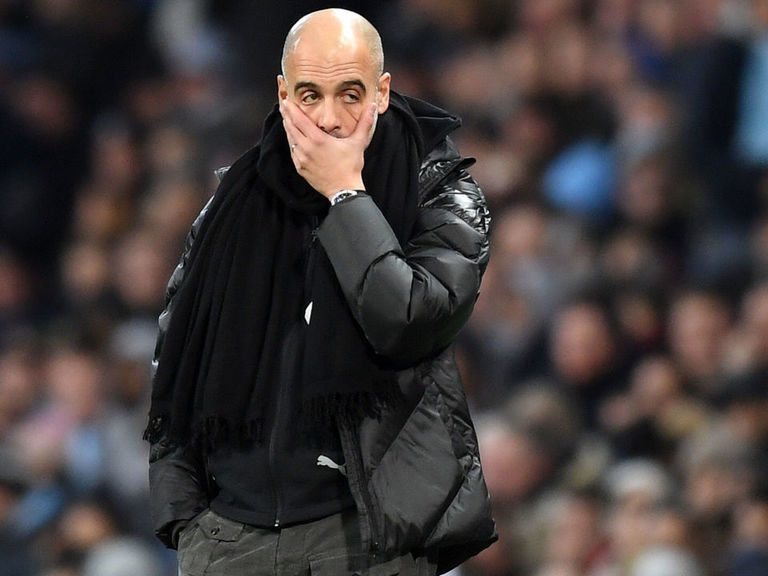PITTSBURGH — Steelers quarterback Mason Rudolph is calling Myles Garrett’s assertion that he used a racial slur a “bold-faced lie,” and Steelers coach Mike Tomlin is supporting his quarterback.
“1000% False,” Rudolph tweeted after Outside the Lines aired a new interview with Garrett after the NFL reinstated the Cleveland Browns defensive end. “Bold-Faced Lie. I did not, have not, and would not utter a racial-slur. This is a disgusting and reckless attempt to assassinate my character.”
1000% False.
Bold-Faced Lie.
I did not, have not, and would not utter a racial-slur.
This is a disgusting and reckless attempt to assassinate my character.
— Mason Rudolph (@Rudolph2Mason) February 15, 2020
In the interview with ESPN’s Mina Kimes, Garrett said Rudolph used the slur as he was being sacked with eight seconds left in the Thursday night game on Nov. 14.
Tomlin, though, strongly supported his quarterback in a statement issued Saturday morning — an unusual move for a coach who rarely speaks publicly in the offseason.
“I support Mason Rudolph not only because I know him, but also because I was on that field immediately following the altercation with Myles Garrett, and subsequently after the game. I interacted with a lot of people in the Cleveland Browns organization — players and coaches,” Tomlin said in the statement.
“If Mason said what Myles claimed, it would have come out during the many interactions I had with those in the Browns’ organization. In my conversations, I had a lot of expressions of sorrow for what transpired. I received no indication of anything racial or anything of that nature in those interactions.”
Rudolph’s agent and attorney, Tim Younger, said the “defamatory” statements by Garrett exposed him to “legal liability.”
“We waited to hear the entire interview,” Younger said. “Garrett, after originally apologizing to Mason Rudolph, has made the ill-advised choice of publishing the belated and false accusation that Mr. Rudolph uttered a racial slur on the night in question.”
Garrett, who was reinstated by the league Wednesday after a six-game suspension, made the accusation against Rudolph during the interview with Kimes that aired Thursday night during SportsCenter.
“He called me the N-word,” Garrett told Kimes. “He called me a ‘stupid N-word.'”
In the interview, Garrett blamed Rudolph for starting the fight that led to $732,422 in fines and the discipline of 33 players, and said Rudolph used the slur as he was being sacked by Garrett.
Rudolph initially engaged with Garrett on the ground, and then charged at him after Garrett forcibly removed Rudolph’s helmet. Then, Garrett hit Rudolph over the head with it.
“I don’t say the N-word, whether it’s with ‘a’ [or] ‘er.’ To me, personally, [it] just shouldn’t be said, whether it’s by family, friends, anyone,” Garrett told Kimes. “I don’t want to use it because I don’t want [people to] find that appropriate around me for anyone to use.
“When he said it, it kind of sparked something, but I still tried to let it go and still walk away. But once he came back, it kind of reignited the situation. And not only have you escalated things past what they needed to be with such little time in the game left, now you’re trying to reengage and start a fight again. It’s definitely not entirely his fault; it’s definitely both parties doing something that we shouldn’t have been doing.”
Rudolph was fined $50,000 for his role in the incident. He appealed the fine, but it was recently upheld, a source told ESPN.
The Steelers and the Browns were also each fined $250,000.
Garrett first alleged Rudolph used the slur in an appeals hearing with the NFL in an effort to get his suspension reduced, ESPN previously reported. Garrett later said he never intended for the accusation to become public, but said, “I know what I heard.” At the time, an NFL spokesman said the league “found no such evidence” that Rudolph used the slur.
Rudolph strongly denied the allegation in November and called it “totally untrue.”
“I couldn’t believe it,” the quarterback said Nov. 24. “I couldn’t believe he would go that route after the fact.”


